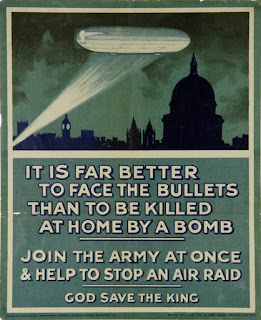1. Economic reasons for colonialism were…
a. Need to sell raw materials.
b. Need to sell overproduction.
c. Both of them.
2. Who was the prophet of the British colonialism?
a. Rudyard Kipling.
b. Jules Ferry.
c. Georges Clemenceau.
3. Companies were…
a. German and Turkish territories that were passed to Britain and France.
b. Private corporations capitalised from Britain.
c. Territories where the local rulers could continue ruling.
4. Dominions were…
a. German and Turkish territories that were passed to Britain and France.
b. Private corporations capitalised from Britain.
c. Territories where the local rulers could continue ruling.
5. Protectorates were…
a. German and Turkish territories that were passed to Britain and France.
b. Private corporations capitalised from Britain.
c. Territories where the local rulers could continue ruling.
6. British colonies were…
a. India and Indochina.
b. Egypt and Sudan.
c. Both of them.
7. French colonies were…
a. Algeria.
b. Indochina and Thailand.
c. Morocco and Libya.
8. Italian colonies were…
a. Eritrea.
b. Ethiopia.
c. Both of them.
9. German colonies were…
a. Kenya and Tanganyika.
b. Cameroon.
c. Namibia and Angola.
10. Austrian-Hungarian colonies were…
a. Algeria and Tunis.
b. Libya and Egypt.
c. None of them.
11. What countries argued over Morocco?
a. France and Spain.
b. Germany and France.
c. United Kingdom and Germany.
12. Whose murder motivated WWI?
a. Archduke Franz Ferdinand of Austria.
b. Gavrilo Princip.
c. Emperor Franz Josef of Austria.
13. Why did France want revenge on Germany?
a. Germany took the regions of Alsace and Lorraine in 1871.
b. Germans humiliated French.
c. Both of them.
14. What countries formed the Triple Alliance?
a. Germany, Turkey and Austria-Hungary.
b. Germany, Austria-Hungary and Italy.
c. Germany, Russia and Austria-Hungary.
15. What countries formed the Triple Entente?
a. United Kingdom, Russia and Japan.
b. United Kingdom, France and Italy.
c. United Kingdom, France and Russia.
16. What was the Schlieffen Plan?
a. Russian plan for the invasion of Germany.
b. It was German operational plan for a designated attack on France.
c. Scheme of mobilisation and concentration adopted by the French Army in the event of war between France and Germany.
17. The battle of the Somme was fought mostly between the armies of…
a. Russia and Germany.
b. United Kingdom and Germany.
c. Italy and Germany.
18. What new weapons made fighting in World War 1 deadlier than fighting in previous wars?
a. Poison gas and machine guns.
b. Battleships and submarines.
c. Both of them.
19. What new weapons made fighting in World War 1 deadlier than fighting in previous wars?
a. Tanks.
b. Advancements in artillery.
c. Both of them.
20. What territories were lost by Germany after World War 1?
a. Alsace and Lorraine.
b. Posen and the Polish Corridor.
c. Both of them.










































